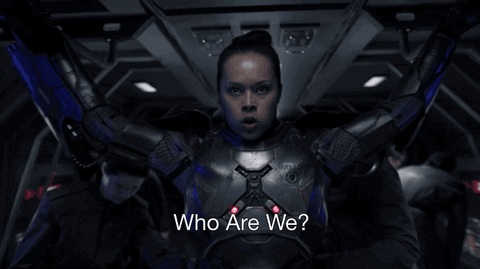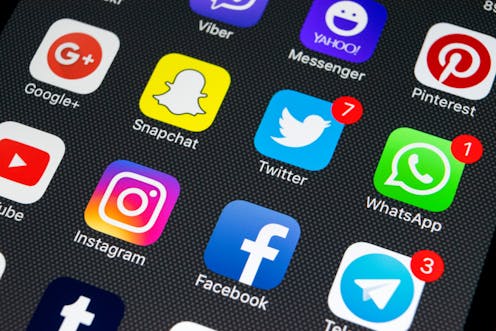by Eldrick Nolasco

The rise of modern technology such as phones, tablets, portable game consoles, and any gadgets that we can just put in our bags made every aspect of life changed. A lot of people are more present on social media accounts than to be physically present. Instead of hanging-out with friends they prefer to stay home and use their gadgets.
Social media platforms are the apps that most people use, almost every smartphone users have their own accounts, Facebook, Instagram, Twitter, YouTube, and many more. We use these apps to stay connected with our friends and family in order to chat, call, video call, post updates,and to share our photos so people who are connected with you can see them. This is when the rise of “Absent Presence” because whenever they meet face-to-face with their friends or family they tend to be more focused on their social media accounts to look for updates, chat with someone, or post anything. Sometimes, its hard to disturb them because it will just cause a conflict so some just prefer to go with it. Problem like this should be taken care off or else it will be a disaster that everyone might get into danger, some people already got an accident or even death because of focusing too much to their phones and getting hit a by car and even falling from a high place. It’s hard to be with someone with this kind of condition, its like they are so far far away from you even they are with you physically.

According to Fareek Zakaria, that “The internet is profoundly disrespectful of tradition, established order and hierarchy.” which says that everything that the internet or either the social media accounts causing to our traditions is disrespectful. Instead of focusing to traditions that is like for example currently it is being practiced, instead of enjoying the moment they just took pictures or videos and don’t participate much on it. Also, with having a meal, instead of praying before eating, its taking pictures first then post it on social media platforms and forget to pray.
We hope that someday people will wake-up from this nightmare that is causing a lot of problem and that they may be aware of their surroundings especially whenever they are with people like friends and family to focus on having a good conversation rather than focusing on the phone’s screen.
https://www.researchgate.net/publication/240290276_The_challenge_of_absent_presence



















